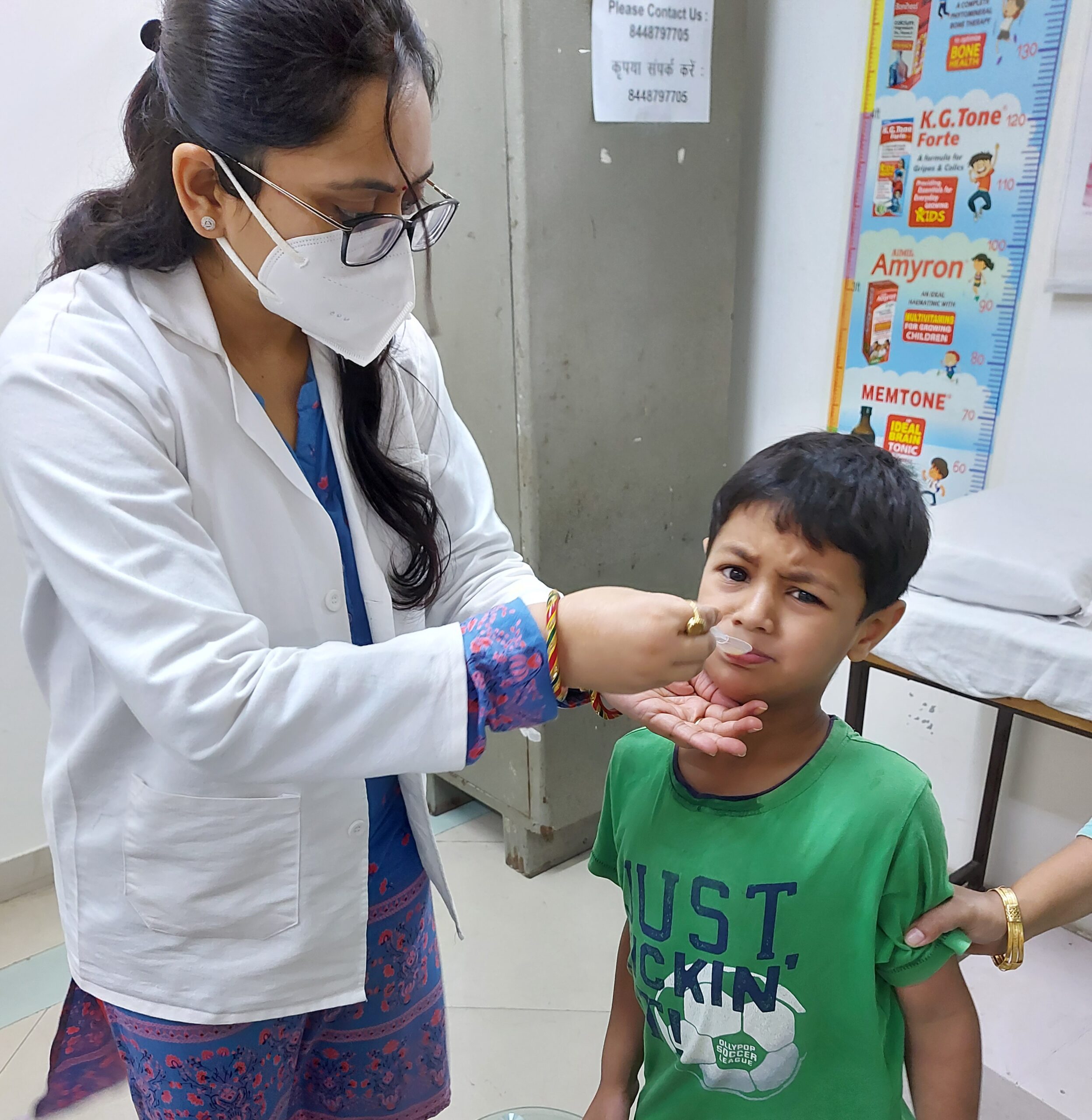Lets Know About School Healthcare Programs
School healthcare programs encourages a wide range of activites aiming at promoting the physical, mental, and emotional well-being of students within the system including School administration. Here are some common components of school healthcare programs:

Health Education:
Schools provide health education to students through curriculum-based instruction. This may include classes on nutrition, exercise, reproductive health, substance abuse prevention, mental health awareness, and other relevant topics.
Physical Education (PE) and Fitness Programs:
PE classes and fitness programs promote physical activity and teach students the importance of maintaining a healthy lifestyle. These programs often include sports, games, and exercises designed to improve cardiovascular health, strength, flexibility, and coordination.




Nutrition Services:
Schools may offer nutritious meals through school lunch programs and breakfast programs. They may also educate students about healthy eating habits, the importance of balanced diets, and the risks associated with consuming unhealthy foods.
School Health Services:
Many schools have on-site health centers staffed by nurses or other healthcare professionals who provide basic medical care, first aid, medication administration, and health screenings. These services help address immediate health needs and provide referrals for further evaluation or treatment.
Preventive Healthcare Services:
Mental Health Support:
Schools increasingly recognize the importance of addressing student mental health issues. School counselors, psychologists, or social workers may offer individual or group counseling, crisis intervention, and prevention programs to support students’ emotional well-being.
Health Promotion Campaigns:




Collaboration with Families and Communities:
Policies and Environmental Supports:
Health Research and Evaluation:
Schools may participate in health research studies or conduct evaluations to assess the effectiveness of their healthcare programs and identify areas for improvement. Research findings help inform evidence-based practices and policies in school health.
Overall, school healthcare programs play a crucial role in promoting students’ overall well-being, academic success, and lifelong health habits. By addressing the diverse health needs of students within the educational setting, these programs contribute to creating healthier school communities and empowering students to lead healthier lives.






